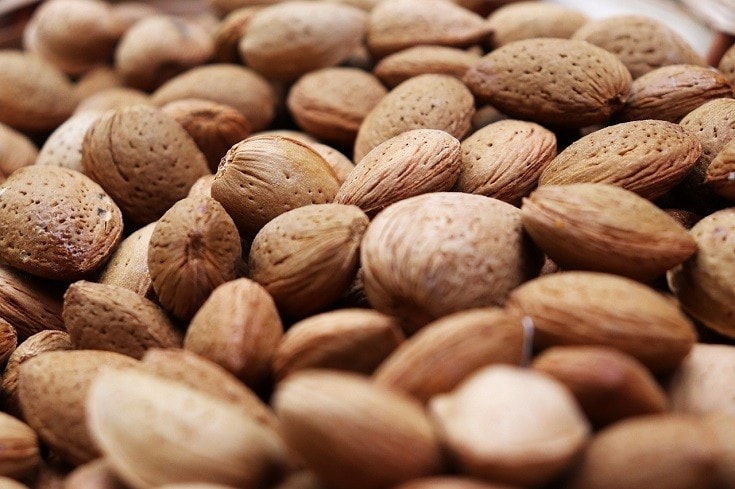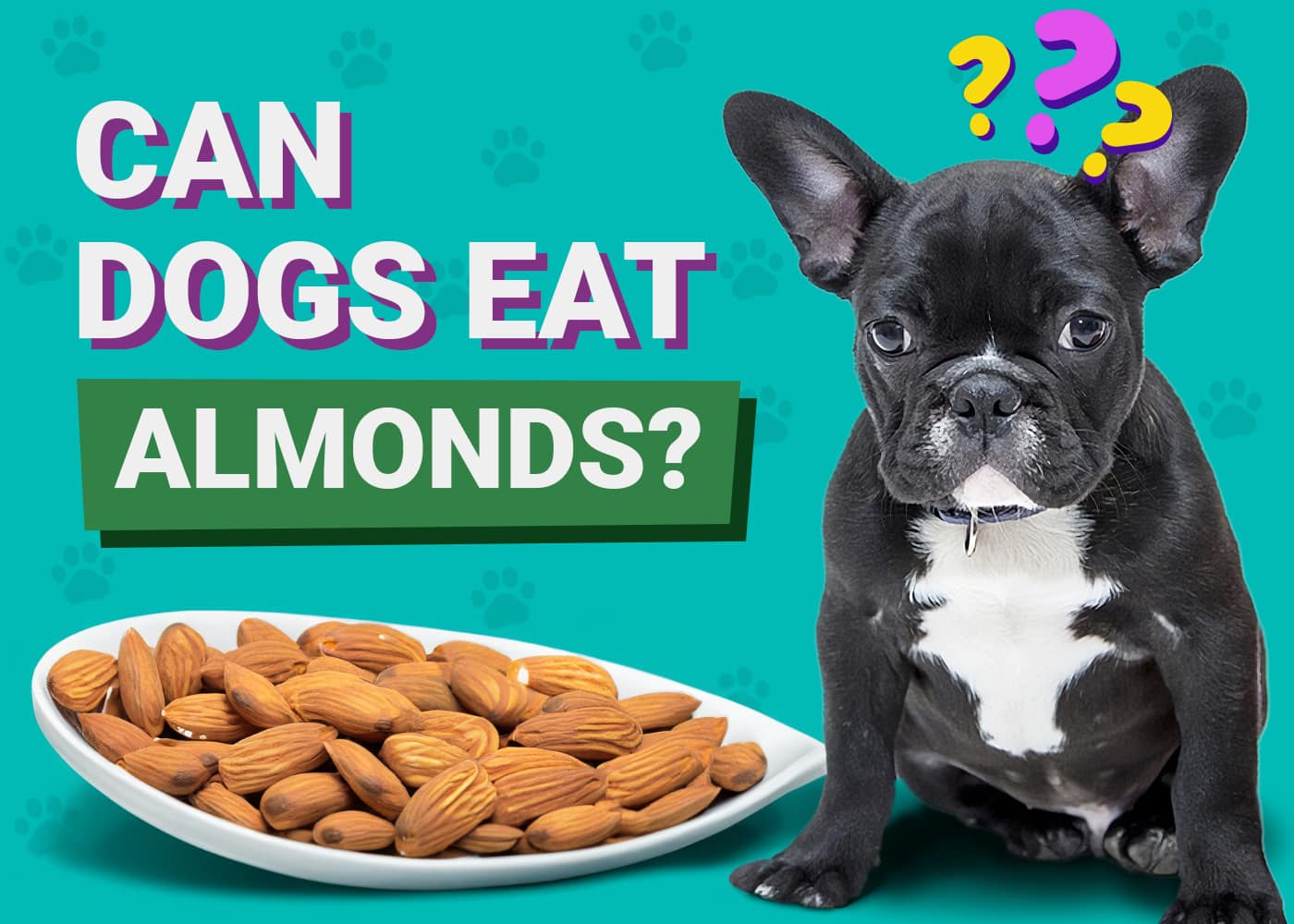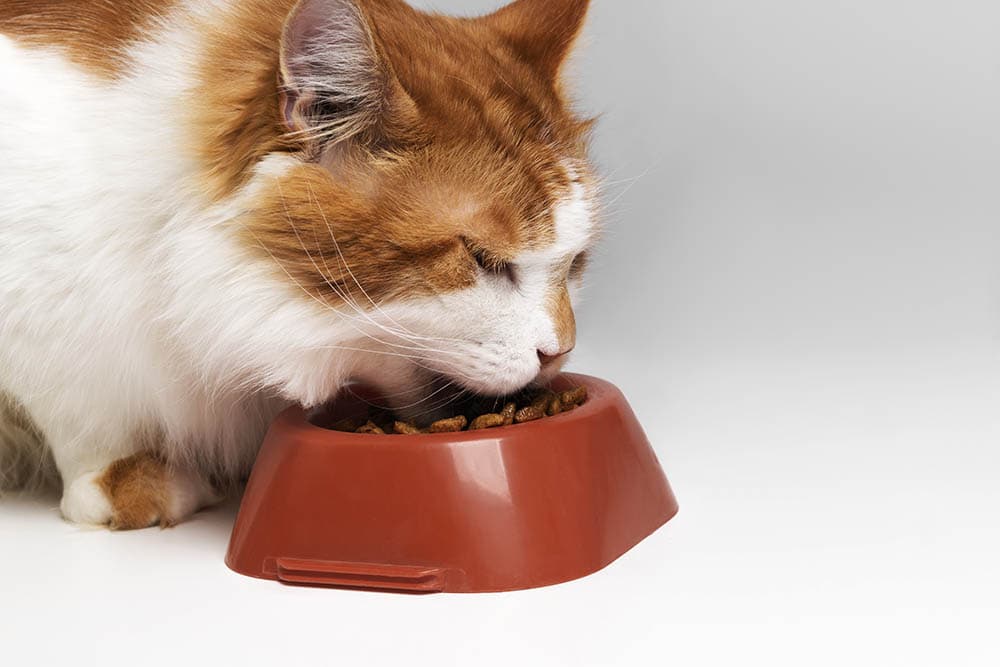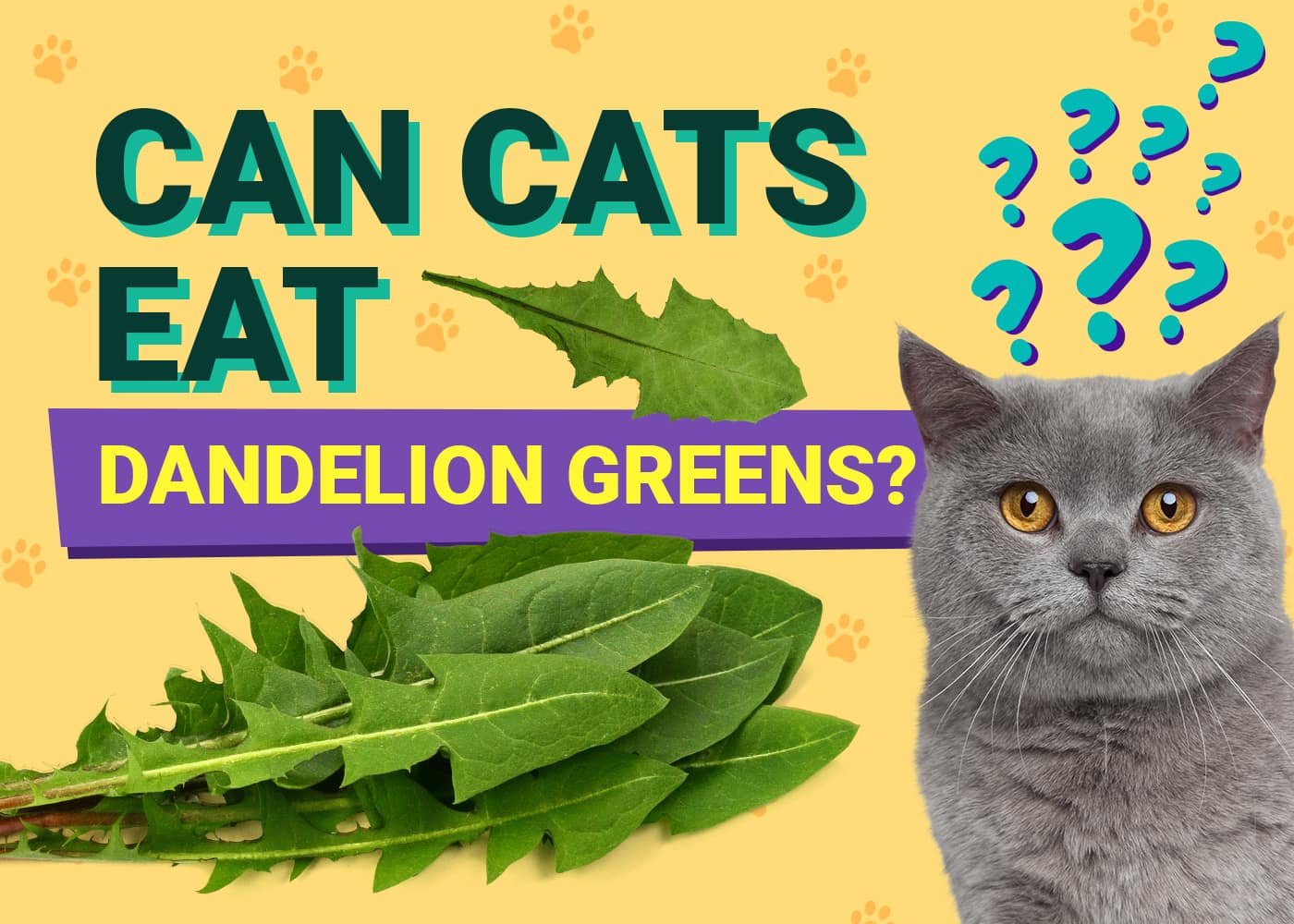VET APPROVED

The information is current and up-to-date in accordance with the latest veterinarian research.
Learn more »Click to Skip Ahead
Almonds are the world’s favorite nut, with a global production of roughly 1.643 million metric tons in 2021/2022.1 If you’re a fan, you have plenty of company. It’s not surprising that you’d want to share one of your favorite treats with your canine BFF. After all, they provide several benefits for people, including blood sugar control and better cardiovascular health. Sadly, they don’t translate to dogs.
Almonds are not considered poisonous to your pup. However, they have some marks against them that make them an inappropriate treat.

Nutritional Value of Almonds
The nutritional value of almonds undoubtedly prompted you to consider giving your pup some. After all, some people give their dogs peanut butter. However, peanuts are legumes and not tree nuts. There are stark differences between the two.
A 1-ounce serving of unroasted almonds contains about 6 g of protein, 76.3 g of calcium, and 76.5 g of magnesium. It’s also a rich source of potassium, phosphorus, and vitamin E. While they sound good from this perspective, there is one red flag. The recommended calcium-phosphorus ratio for dogs is 1:1 to 2:1. The value for almonds is around 0.5:1.
The problem is that too much phosphorus in your pet’s diet can interfere with their calcium uptake. The nature of the nutrients further complicates it. Phosphorus is ubiquitous in foods. Calcium is not. It’s worth noting that commercial dog foods are formulated with these dietary needs in mind. Nuts and seeds aren’t usually a part of a canine’s diet and can cause digestive issues.

Fat and Calories
We must address the elephant in the room when discussing nuts and seeds: calories and fat. There’s a good reason why a typical serving is only 1 ounce. Almonds pack a whopping 164 calories in a small handful. Let’s put that figure in a canine perspective. While the recommended caloric intake for an adult human is 2,000 calories, it’s only 400 calories for a 20-pound dog.
Giving your pup over 40% of the recommended intake for one treat isn’t wise. While healthy, almonds aren’t nutritionally complete. Besides, treats should only make up 10% of your dog’s total daily intake.
On top of that, a 1-ounce serving of almonds has 14.1 g of fat. An adult canine should get a minimum of 13.8 g. Again, we must consider what else your pet is eating. Commercial dog foods contain between 25%–60% calories from fat. The concern rests with obesity. Fat isn’t inherently bad; however, a balance between the calories consumed and the calories burned is essential to prevent with gain.

Frequently Asked Questions (FAQ)
Is the Salt in Almonds Bad for My Dog?
People typically get 50 mg/kg of body weight daily. Your pup’s intake is more like 30–200 mg/kg of body weight. Other research suggests canines and felines can adapt to varying sodium levels in their diets.
That makes evolutionary sense, given the diet of wild canines. Their prey, such as white-tailed deer, may contain comparable amounts of fat and sodium. Dogs can consume them because of thousands of years of adaptation. Domestication has resulted in an adaptive shift, whereas our pets can better digest starches. However, they are still facultative carnivores. The salt from almonds is unlikely to affect your dog unless they eat large portions.

Can Salt Ever Be Healthy for My Pet?
Dogs need sodium, but the amount in their commercial dog food is all they need. Consuming almonds occasionally won’t cause an adverse reaction, but commercial dog treats are healthier and have less sodium. However, eating salty food or treats must include adequate water intake. It’s also worth mentioning that dogs don’t taste salt like we do. Therefore, it won’t make your pet’s food or treats taste any better.

Final Thoughts
Almonds are a healthy snack for humans, but the benefits don’t translate to dogs. While they’re not toxic, they are also not a wise addition to your pet’s diet. They contain significant amounts of fat and calories, making them inappropriate for some pups, especially those prone to weight gain. We must also consider the risk of choking if a dog consumes nuts too quickly without chewing.
You can give your pet many other healthier treats that are better suited for canine consumption. Save your almonds as a special snack for yourself and give your pup something they can safely eat instead.
See Also:
Featured Image Credit: t_watanabe, Pixabay











